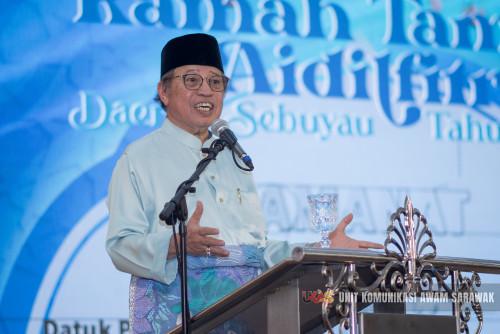AN INTERNATIONAL medical student-led organisation in Malaysia has called on the government to undertake urgent and effective measures to deal with the shortage of house officers (HOs) in the public health sector, warning that a decrease in manpower would result in more harm than good.
The Malaysian Medics International (MMI) also called for the health and higher education ministries to engage in efficient collaboration to bridge gaps and ensure better healthcare outcomes.
The organisation said this in expressing concern at the reported implementation of a “Zero HO Protocol” within the medicine department of the University Malaya Medical Centre (UMMC).
The protocol aims to address the critical shortage of HOs in different medical units as the services provided by house officers are prioritised based on departmental workload.
“While this protocol might be perceived as a temporary drastic measure taken to cope with the decrease in house officers or medical officers, it could impact the present and future of Malaysia’s healthcare sector,” MMI said in a statement today.
“House officers and medical officers are the grassroots of the healthcare system to achieve peak efficiency.”
It noted that the key points of UMMC’s Zero HO Protocol include ICU prioritisation with stable patients being admitted to medicine department wards and at-risk patients placed in the intensive care unit (ICU).
It also aims to encourage medical officers to perform procedures like IV cannula insertion and blood tests themselves to emphasise clinical judgement and discourage unnecessary test requests, and proposes task-sharing among medical officers, lecturers and consultants.
Emphasis is placed on mindfulness during patient admission as patient management is the responsibility of the admitting doctor.
MMI cautioned the Ministry of Health (MOH) and Ministry of Higher Education (MOHE) that the diminishing numbers of house officers in the healthcare system are giving rise to significant concern with “multifaceted repercussions”.
“The increased workload on the existing staff is leading to burnout, adversely affecting their overall well-being,” it said.
“Service reductions or cuts to cope with the strain could potentially compromise access to crucial medical services for patients, raising serious concerns about healthcare delivery and patient safety.
“Hence, urgent attention is needed to address extreme shortages and maldistribution," it said. "A targeted approach could involve expediting the intake of medical graduates into the housemanship system for a quicker transition from graduation to practical training.”
Identify critical departments
MMI noted that Singapore offers a shorter time between graduation and work compared to the waiting period of around six months in Malaysia.
“Hence, with a shorter gap, more medical graduates are able to work sooner to reduce the shortage of house officers,” it said.
MMI also stressed that task delegation, focusing on critical departments, is crucial for effective management without compromising quality.
“Public hospitals should identify critical departments that are particularly affected by the shortage and maldistribution of HOs, as it would allow task prioritisation based on urgency and importance."
On task delegation, it said that focus should be on ensuring that essential responsibilities are managed effectively without shortage drawbacks.
It stressed on clear communication between the two ministries with specific objectives and anticipated outcomes to foster a more cohesive and effective healthcare system.
“Implementing interdisciplinary training programmes for medical students, tailored to their academic schedules, can provide essential skills learning for them. Therefore, the workload among our healthcare workers can be reduced by providing opportunities for medical students to sharpen their skills under supervision.
“Moreover, assessing the skills and competencies of available healthcare professionals ensures that responsibilities are delegated to individuals with appropriate expertise. This diversified approach ensures a more efficient distribution of tasks, compensating for the diminished workforce and minimising the impact on patient care.” -- The Vibes, January 21, 2024




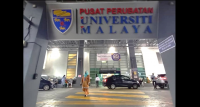

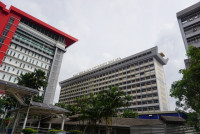

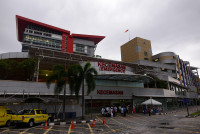
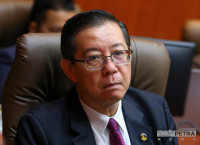

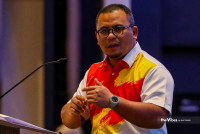
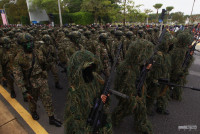

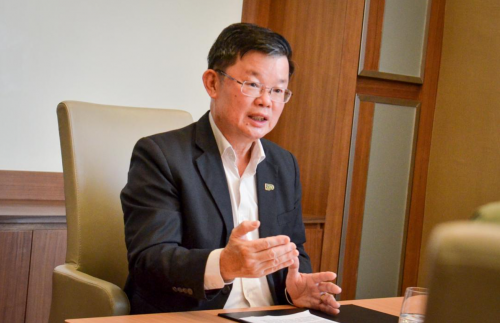
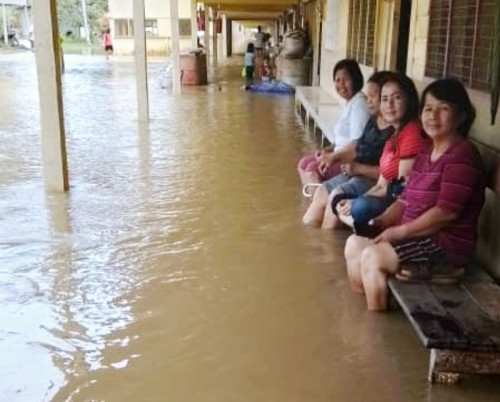
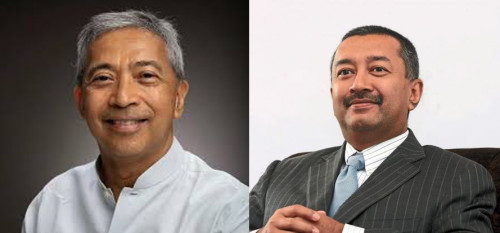

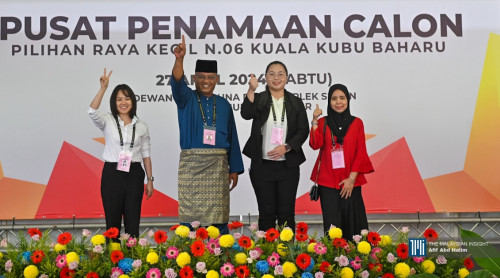
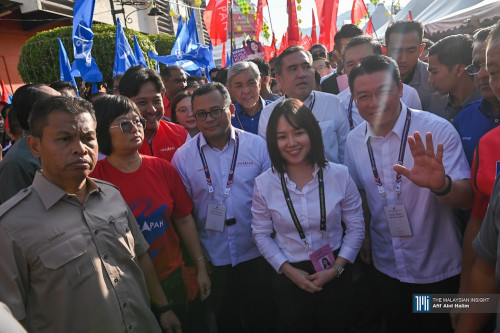

.jpg)

